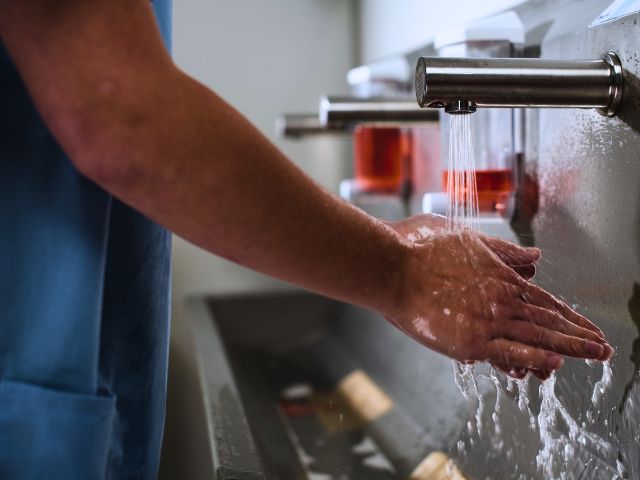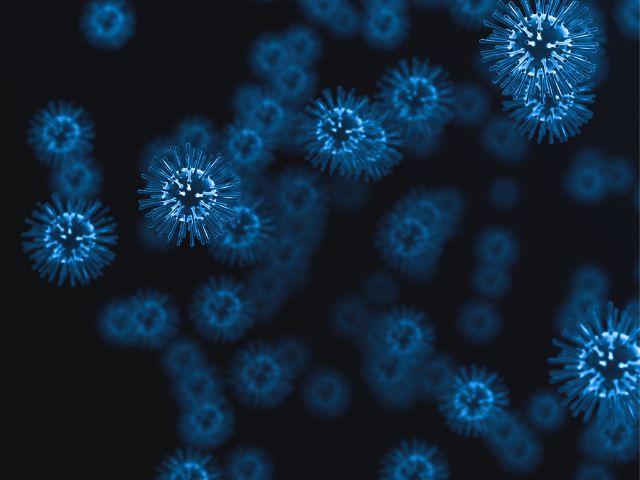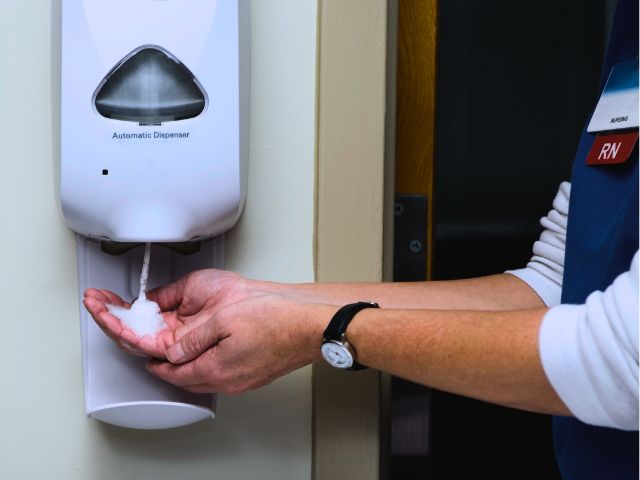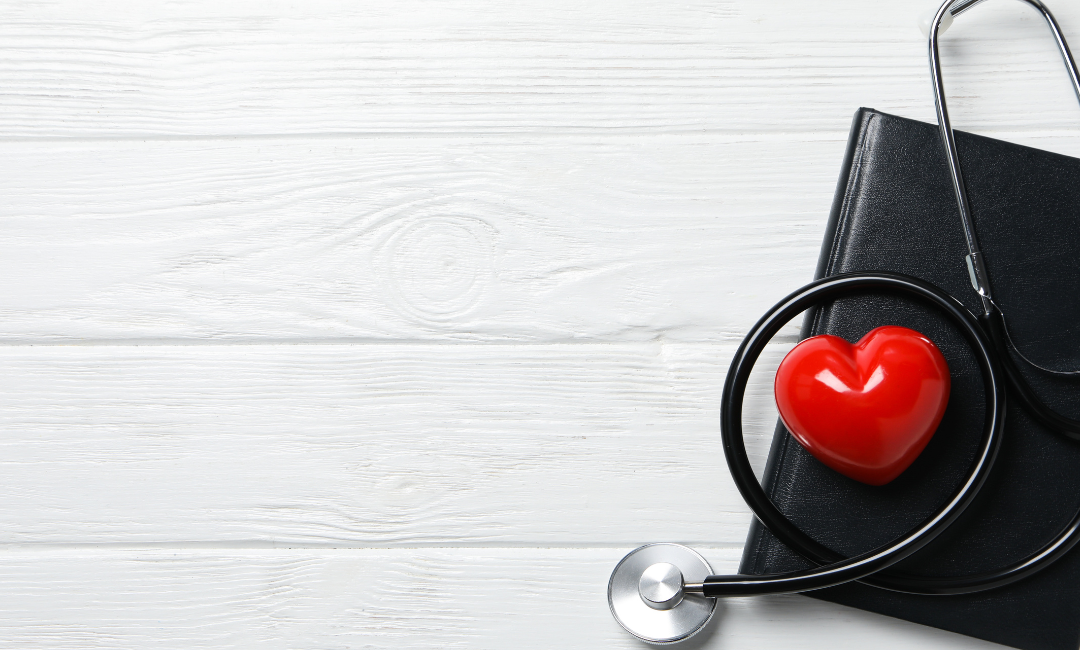December 5-11, 2023 is National Handwashing Awareness Week. Healthcare providers play an essential role in preventing infection through proper handwashing techniques because their hands can become a route for infection transmission.
They check sick patients all the time, and hands, if not washed properly, can become a route of infection transmission from one person to another. Therefore, the major responsibility of maintaining proper hand hygiene falls on the shoulders of healthcare providers.
Healthcare providers keep washing their hands countless times in a 12-hour shift. However, a study suggests that nurses complied with handwashing procedures 42% of the time and physicians 38% of the time.
Therefore, healthcare providers need to pay more attention to proper handwashing techniques as they serve as the best defense against the spread of infections from one person to another.
Healthcare providers need to wash their hands countless times for plenty of reasons. Therefore, it becomes hard to decide if they should wash their hands or not.
To make it easy, the World Health Organization has summed up five moments of hand washing. These are the times when healthcare providers should definitely wash their hands.
Five moments of hand hygiene can be described as:








